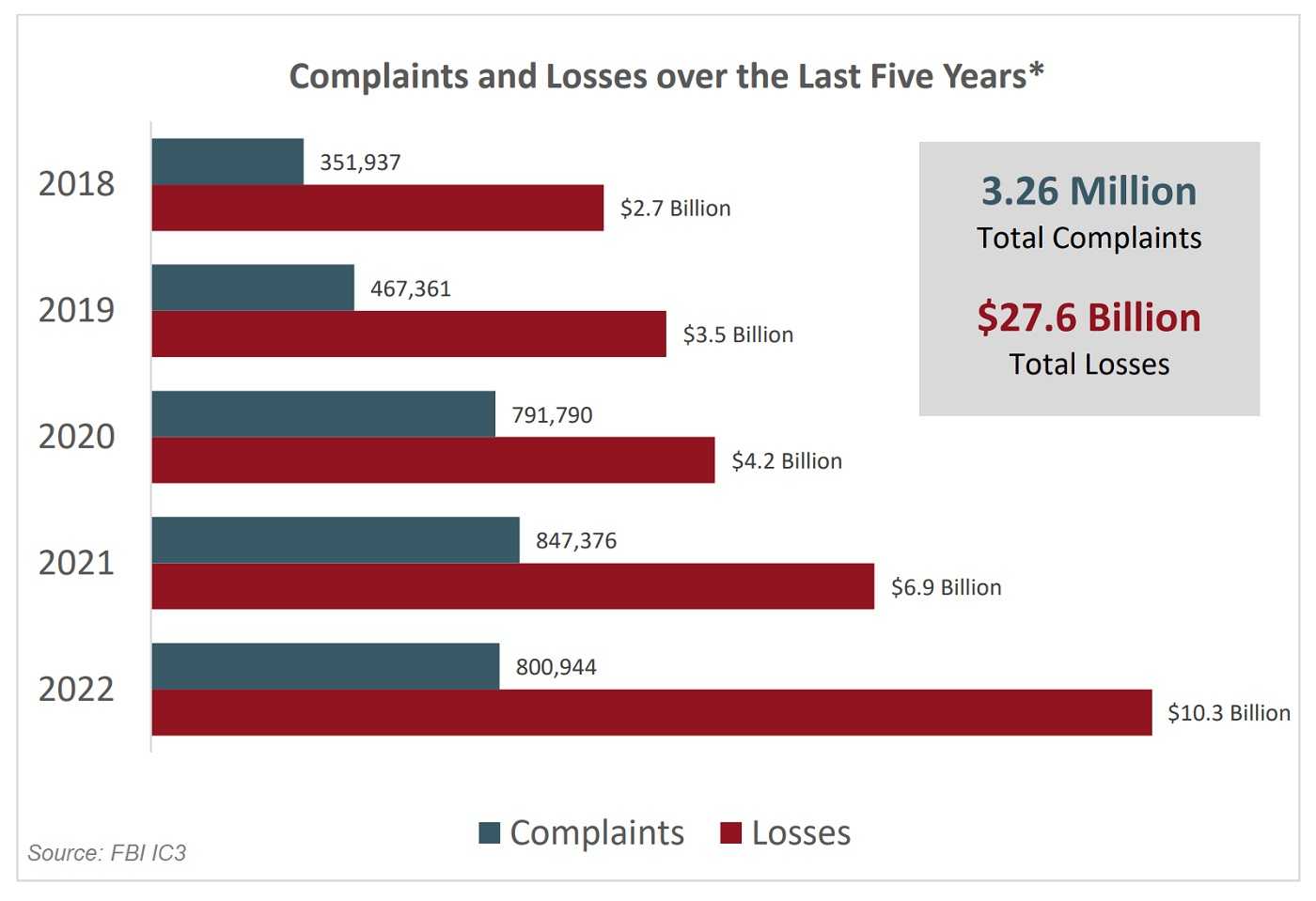How Being Human Makes Us Targets For Online Scams
September 20, 2024
Being human comes with certain attributes cybercriminals love to exploit. In the world of online scams, our willingness to trust others can easily translate to a scam’s success. And since we can’t help being human, we need to keep in mind that scammers exploit our humanity to their benefit. But as humans, we can also spot an attempted scam when we see one, so chalk one up for being human!
It’s important to know that no one is too smart or cyber-savvy to fall for some of the tricks scammers have up their sleeves. These unscrupulous opportunists will even manipulate a human crisis to their advantage. As Barracuda Networks found, coronavirus-themed email phishing scams spiked by 667% in February and March of 2020 alone. Scammers use events like tax time, holiday time, and other special or unique events as great reasons for switching into high-gear.

What, Me Worry?
According to the FBI’s 2022 Internet Crime Report, there’s good reason for concern. The Agency finds last year Americans lost $10.3 billion to online scams, a jump from $6.9 billion the year before. The report also shows investment scams were the most successful schemes last year. Investment fraud was tops on the list, with reported losses increasing from $1.4 billion in 2021 to $3.3 billion last year. The biggest chunk of reported fraud involved cryptocurrency investments, from $906 million in 2021 to $2.57 billion last year – a whopping 183% spike.
Everyday scams like email phishing, texting, and phone scams are the bread and butter most scammers love. But they often give themselves away if we’re paying attention. Fuzzy logos, bad grammar, and spelling mistakes are dead giveaways a scammer is knocking. Other bogus messages, including those you get at work, are also meant to exploit you and benefit them.
How Did I Fall for That?
 Scams are always improving. Cyber-scams are always improving and trending, and that makes getting tricked by one even easier. They use current events to surge, such as big sporting events or natural disasters.
Scams are always improving. Cyber-scams are always improving and trending, and that makes getting tricked by one even easier. They use current events to surge, such as big sporting events or natural disasters.
- Scams continue to advance. The methods and technology scammers use never rests and always improves. They use old tactics revised to take advantage of new technological advances such as tricking unsuspecting users into giving up their one-time multi-factor authentication codes.
- We’re only human. We’re predisposed to trust and believe others, among other attributes. Scammers know this and exploit these traits, hoping we’ll fall for their bogus tricks. For example, sending you phishing messages pretending to be a trusted friend or colleague.
When it comes to online scams, being human naturally makes us targets. But as humans, we’re also smart enough to spot a scam when we see one. Remember, common sense, vigilance, and verification are some of us the best tools we humans have to expose a scam for what it is, so don’t be afraid to use them.